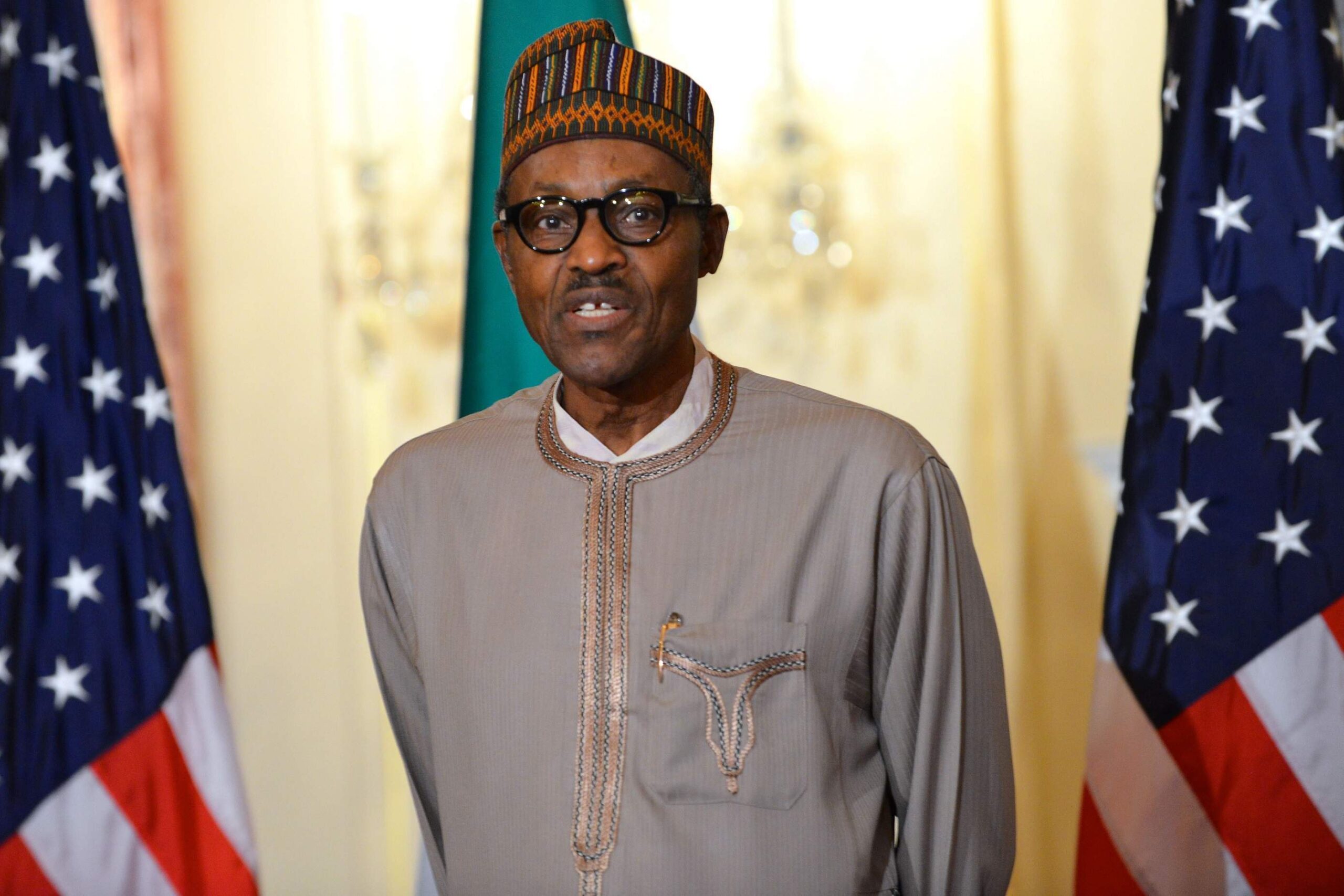
Nigerian president Muhammadu Buhari has returned to the country’s capital, Abuja, after spending seven weeks in the UK for medical treatment.
In a speech to dignitaries, Buhari said he had “never been so sick” as he had felt in recent weeks. He didn’t reveal any details of his condition but said he was feeling better after the break.
The 74-year-old former general said he would continue to need rest and health tests, leaving the deputy president Yemi Osinbjao in charge to oversee the country.
This is not the first time the president has left Nigeria for medical treatment. In June, Buhari spent nearly two weeks in London for treatment for an ear infection.
Buhari’s special adviser, Femi Adesina, tweeted that the president would return to his formal work on Monday. This was followed by tweets asking if Buhari was fit to be president, and calls for him to take an early retirement.
PMB will Monday transmit letter to N’ Assembly on his return to the country. That makes his return to work formal, and constitutional.
How well do you really know your competitors?
Access the most comprehensive Company Profiles on the market, powered by GlobalData. Save hours of research. Gain competitive edge.
 Company Profile – free sample
Company Profile – free sampleThank you!
Your download email will arrive shortly
Not ready to buy yet? Download a free sample
We are confident about the unique quality of our Company Profiles. However, we want you to make the most beneficial decision for your business, so we offer a free sample that you can download by submitting the below form
By GlobalData— Femi Adesina (@FemAdesina) March 10, 2017
After news of Buhari’s return, the Nigerian stock market jumped to a one-month high, but his comments about his continued ill health have raised fears about what will happen in Nigeria, Africa’s biggest economy.
As well as Buhari’s health, Nigeria’s economy has been suffering too in recent weeks in its first recession in 25 years after a collapse in oil revenues.
Osinbajo has been instrumental in dealing with the oil crisis, by organising plans to secure a World Bank loan to plug the deficit and travelling to Nigeria’s oil hubs in Lagos and the Niger Delta to calm tensions with militants attacking oil facilities.
The Independent National Electoral Commission (Inec) also chose today to announce when Nigeria’s next presidential and parliamentary elections will take place, setting the date for February 16, 2019.
Inec said the early release of the election timetable was to “allow for proper planning by the commission, political parties, security agencies, candidates and all stakeholders.”
The last election, which saw Buhari become the first opposition candidate to win against an incumbent head of state, took place in May 2015.







